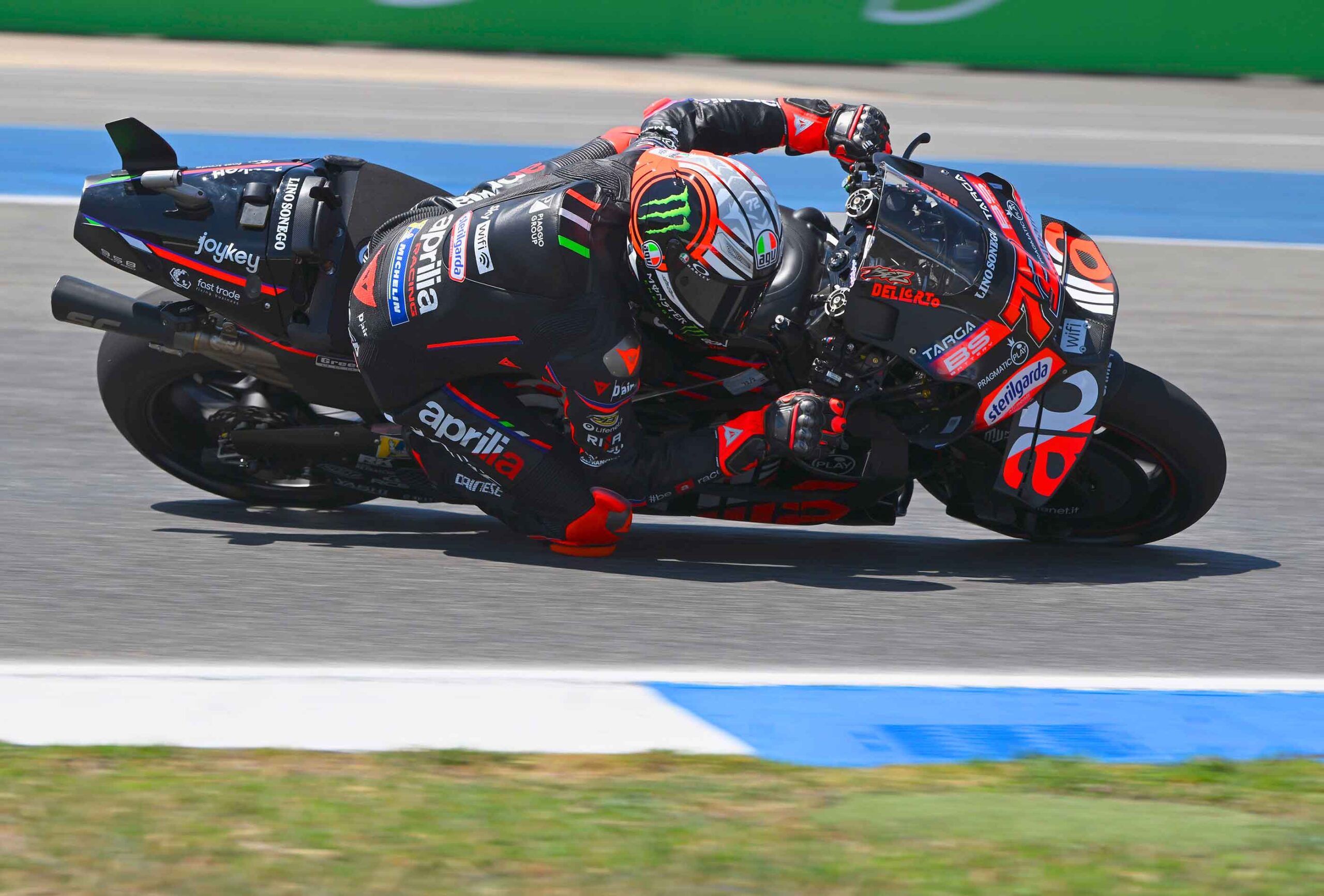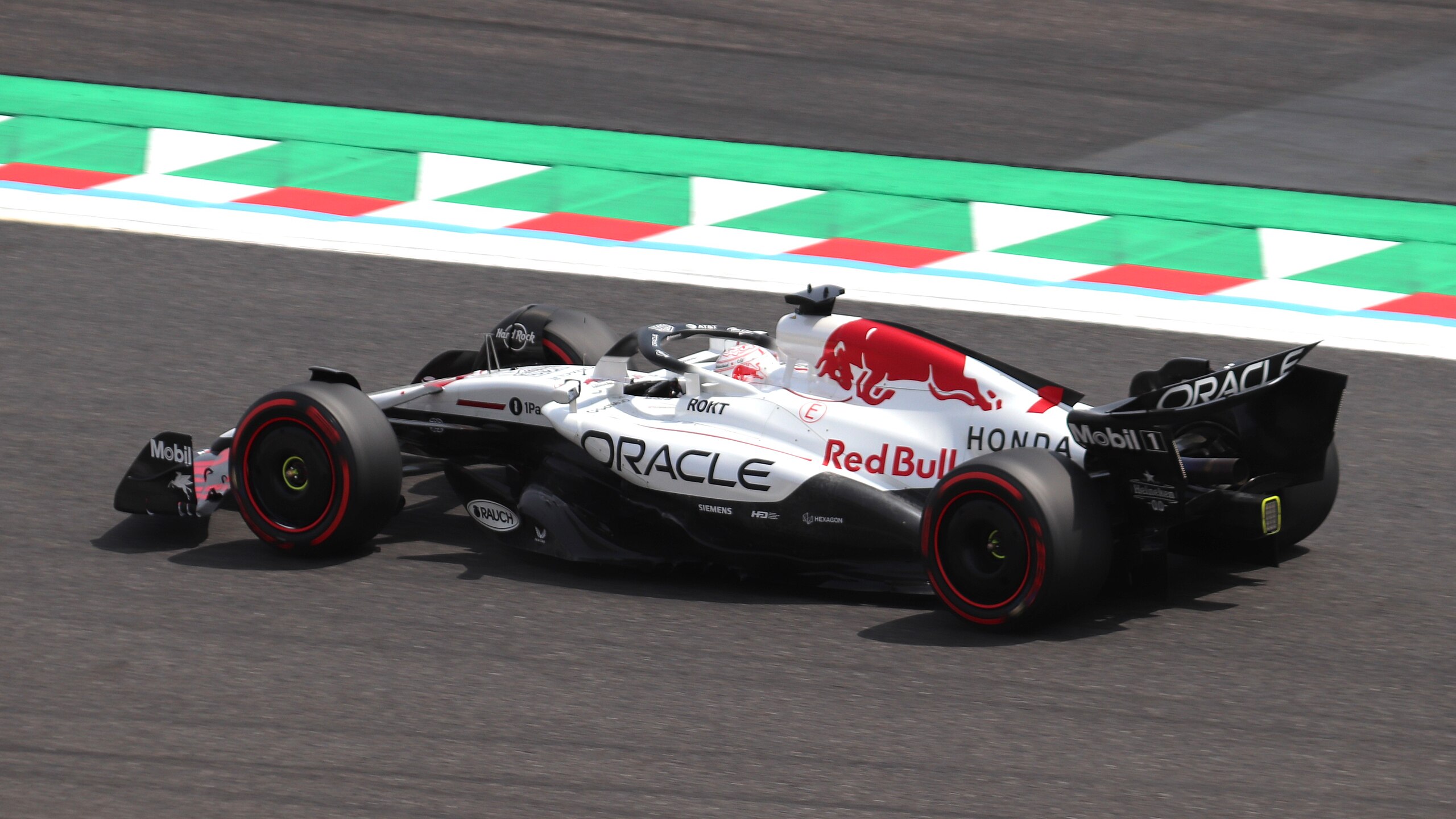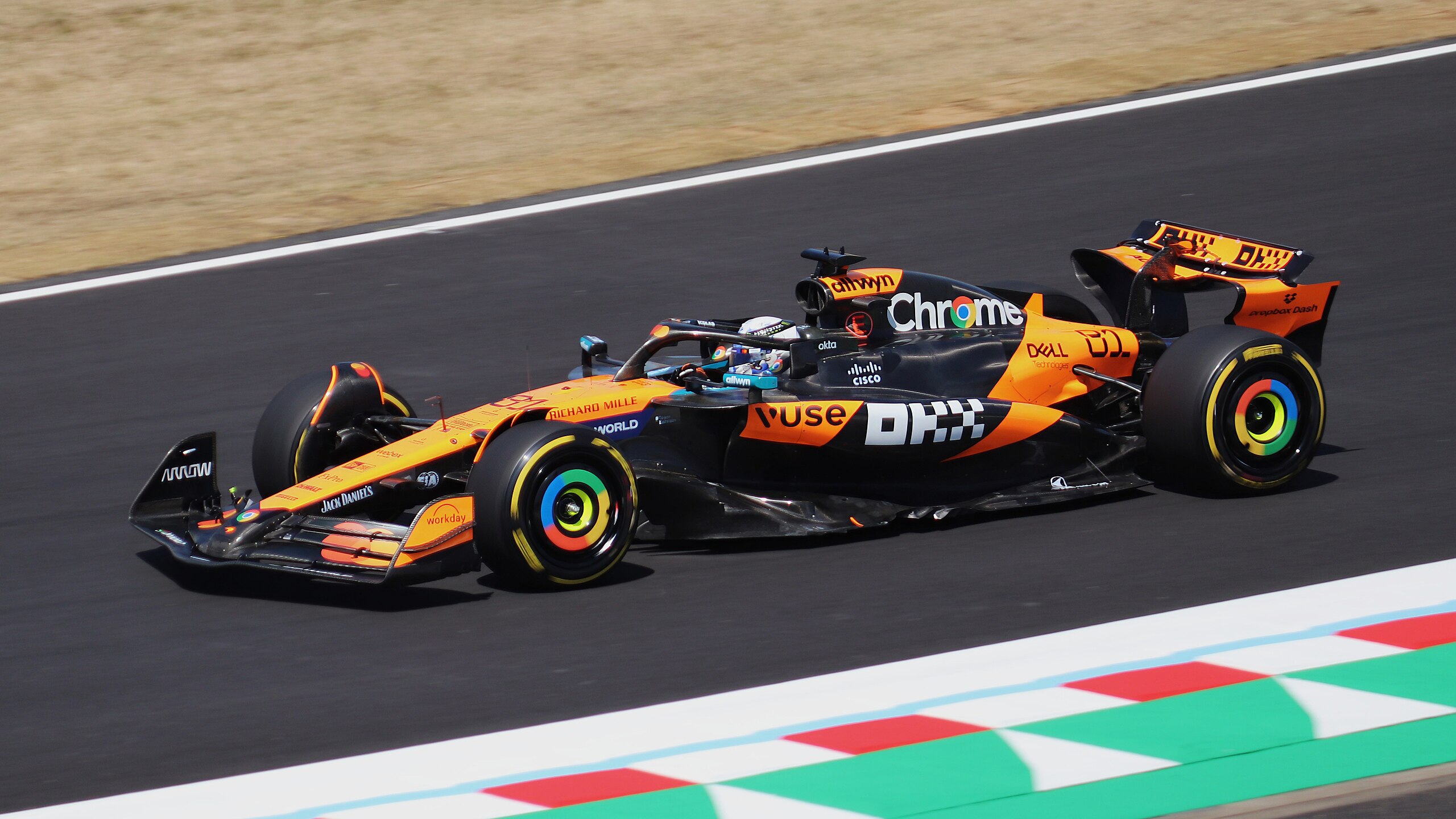Are you willing to sponsor?
Are you ready to explore the transformative power of athlete sponsorship for your brand? Click here to learn more about how sponsorship can help brands grow and thrive in the exciting world of motorsports.
By Emanuele Venturoli| Posted March 5, 2019 | In MotoGP, Sport Sponsorship, Sports Marketing
An effort to understand how sponsorships convey subtle messages began after witnessing reactions to a seven-year, $600 million agreement in 2012 in which US-based Chevrolet became a sponsor of Manchester United.
Why, people asked, would an American automaker support a British soccer team?
“It wasn’t about the sponsorship of soccer by an automaker, that is common enough,” said T. Bettina Cornwell, head of the Department of Marketing in the Lundquist College of Business at the University of Oregon. “Now the players were to have Chevy on their shirts. Before the shirts were even printed, questions arose about the deal characteristics and the deal maker was fired.”
For the research Cornwell joined two European researchers, David Woisetschläger of Germany’s Technical University Braunschweig and Christof Bachhaus of the Aston Business School in the United Kingdom. Both already were interested in understanding whether the audience could catch the exact motives leading a company to sponsorship and how such motives were perceived by the audience.
In an initial field study they examined 44 sponsorships in the German Football League (the Bundesliga) and viewed a sample of 2,787 consumers who had knowledge about such sponsorships. In a second study, they manipulated characteristics of a fictitious sponsorship in a professional handball league to further probe the inferences of such manipulations on a sample of 576 audience members for the sport.
Common deal characteristics can include the duration, the proximity of a sponsoring company to a team or league, the fee paid by the sponsor and the type of sponsorship – whether the company’s name goes on a stadium, is displayed on signage around a sporting venue and appears on uniforms. The findings of the two studies, published in the Journal of Marketing, are similar overall, Woisetschläger said, but with some subtle differences.
The first study found that sponsorships involving high fees and geographically distant international sponsors are perceived as reflecting merely calculative motives of the sponsors.
To some degree, deals concerning stadium naming rights too are seen as based on exclusively economic motives, if compared to perimeter logo sponsorships. The participants in the research questioned whether such a partnership was appropriate – a show of support to the team or just a deal to increase the sponsor’s sales.
Close geographic proximity of a sponsor to a team is associated with affective motivations, Woisetschläger said.
Such deals are seen as positive and suggest that the sponsors really care about a team or a sport. Long-term contracts with companies applying for a sports sponsorship in the same country or region as a team were perceived in both studies as being natural and fair. Additionally, the audiences of the sport in question were found to believe that such a sponsor is loyal to the team, including during down seasons.
“There were, however, some interesting differences between the soccer study and the handball study”, Backhaus pointed out. “In the handball study, high fees paid by a brand for sponsorship were not seen to be as calculative. In a lower profile sport, generous sponsorships seem to be perceived as helping to keep the sport alive.”
According to the researchers, these new findings show that a sport’s audiences – a sponsor’s potential consumers – are savvy about the deals their teams make and they wonder how such deals can benefit their teams.
“A lot of studies have looked at how consumers respond to corporate partnerships between brands and sport and between brands and art, entertainment and music festivals.” “Our new studies have tried to understand the outcome of communications that are not, per se, directed at consumers.”
“It is not enough for the company to be fit to the image of what they intend to sponsor, because people are going to consider the relationship between the sponsor and the team”, Backhaus said. “A company needs to consider who they are relative to the team or sport, and what message the sponsorship can convey to the audience. Is there at least some level of genuine support to the selected team, or is it all about the money? If you are an international sponsor and you would like to have a relationship with a team outside of your country, you must communicate your relevance.”
Team owners also need to consider that relevance, Woisetschläger stated. “The clubs need to tell the story about how a sponsor is important to the team, the market, and the area. They need to share with the audience the sports sponsorship plan implemented and how the money realized in a sponsorship will be used and how it provides a good benefit to both the team and its supporters.”
To summarise. Audiences are savvy and there are various aspects which companies and teams need to consider before closing a sponsorship agreement. The aim should be to go over an approach merely based on how big the audience we can reach out to is and conduct an ex-ante investigation to understand how the partnership may be perceived by the audience and what their response to it may be.
For example. Are we one percent sure that the mothers of young supporters are happy to see the brands of betting agencies or electronic cigarette makers on the uniforms of their kids’ favorites? May the exposure of brands connected to these product categories potentially limit the sale of the team merchandise, thus jeopardising the lucrative agreements stipulated for the supply of technical apparel? These are all issues that both Properties and sponsors need to tackle at a time when the sensitivity towards them is increasingly on the rise.
One of the most recently impacted categories is junk food, which has been under the spotlight as a result of data about obesity among children. In London – 25% of children aged between 2 and 10 is either overweight or obese in the UK – a ban has recently been issued to the exposure of fast food ads in the underground.
As we understand that this is a very hot issue for debate, but our space here is limited, do not hesitate to contact us at info@rtrsports.com if you are curious to know more about sports marketing and sponsorships and the best type of sponsorship for your needs.
Are you ready to explore the transformative power of athlete sponsorship for your brand? Click here to learn more about how sponsorship can help brands grow and thrive in the exciting world of motorsports.

A graduate in Public, Social and Political Communication from the University of Bologna, he has always been passionate about marketing, design and sport.
The online platform where you can discover the latest trends, strategies and insights from the exciting world of sports marketing.
View our blog
June 17, 2025
Starting in 2027, MotoGP is preparing for a momentous change that will redefine the face of motorcycling’s premier class. The new technical rules, announced by the Grand Prix Commission[...]
Read More
June 11, 2025
After 11 years, Marc Marquez is leaving Honda HRC to join Team Gresini. This was announced in a laconic press release, without signatures or photos, by the same House with the Wing. The same [...]
Read More
May 6, 2025
In the world of motorsport sponsorship, speed and performance have traditionally reigned supreme. However, a new race is underway, one towards sustainability. Both Formula 1 and MotoGP are st[...]
Read MoreIn an era where it is possible to get anywhere with a click, there is a strong temptation to approach teams and properties directly for sponsorship projects.
By doing so, we are convinced that we are shortening the value chain, saving time and money. However, these DYI methods are anything but risk-free and what initially appears to be a competitive advantage soon turns into a problem that is difficult to resolve. That’s why there are agencies. And this is why you should rely on us for your sponsorships.
When first approaching a sponsorship or sports marketing project, it is difficult to know immediately which stakeholders are correct, what the decision flow is, and what the right timelines are for each process. Sports is a very specialized field of action, and fitting effectively into its paths can take a lot of time and therefore money. We, on the other hand, know referents and spheres of action and know who to talk to, when and how. So you are also more effective.
Sports is an immense passion, and for our heart colors we would be willing to do anything. But business is a different business, and it is important to make the best possible strategic decisions based on independent research, statistics and reliable data. A sports marketing and sports sponsorship agency like RTR has an objective, 360-degree picture of the scenario and can tell you what is really best for you: which sport, which athlete, which team. This is because we possess a great deal of data and information on ratings, segmentation and attitudes. Because the numbers don’t lie. Never.
Activations are the real heart of sports sponsorship. Without them, there remains only a blank sticker on a motorcycle, car or uniform and no contact with the public, no emotional connection, no impact on the bottom line. Then how do you do it? It certainly won’t be the teams or the athletes who will help you leverage sponsorship and enjoy the many marketing rights you have paid for. To bring out the best in a sports marketing project you need an agency that knows how to use sponsorship to engage the fanbase on the Web, to reach out to Shopping Centers, to organize hospitality, to develop B2B and B2C opportunities, and to get “your” athletes in front of millions of potential consumers.
Would you ever go to the dealer who sold you the car and ask if the competitor’s car is better? No, of course. So, how do you expect to get firm measurements of the effectiveness of your sponsorship if you do not rely on someone super partes? At RTR, we have always worked with independent third-party agencies that allow us to know the return on any exposure of your brand on TV and in the media. In addition, we believe in calculating ROI as the ultimate measure of your success-so we can tell you for every penny you spend how much you are making.
We have been involved in sports sponsorship and sports marketing for more than 15 years. We are consultants in the sense that our goal is to maximize your investment, but we are also an agency that manages the project from start to finish. We have been doing this since 1995 with passion and professionalism, following three principles that have become cornerstones of our business: independence, verticality and transparency.
I would like to highlight the fact that one of the qualities of RTR is its great ability to approach the sponsorship scenario strategically, together with its passionate attitude, its amazing enthusiasm for solving problems, and its high level of professionalism.
Gianluca Degliesposti
Executive Director Server&Storage EMEA
Eurosport is truly delighted with its business relationship with Riccardo Tafà, who has become extremely popular, thanks to his detailed knowledge of the sports marketing sector and his highly diligent attitude to work.
Francois Ribeiro
Commercial Director
Passion and Expertise are the features that I have found in RTR since the very beginning. Serious and reliable professionals but also very helpful, nice and open-mind people, willing to listen and compare different ideas. All the values in which RTR believes make this agency a partner, not just a supplier, a partner with whom we have had the opportunity to achieve significant commercial results in term of success and image.
Luca Pacitto
Head of Communication
We have been working with RTR Sports Marketing for over 10 years. The objectives and the programmes of collaboration continue to be renewed and to grow with mutual satisfaction. I believe RTR is a team of great professionals led by Riccardo Tafà, who I consider a manager of exceptional skills and with a great passion for his work.
Lucio Cecchinello
Team Principal
I have known and worked with Riccardo Tafà since 1995 when we collaborated for the first time on a project for the Williams Formula 1 team. Several clients followed. After leaving Williams to work for Gerhard Berger then owner of the Toro Rosso F1 Team, I turned again to Riccardo to seek his help in finding a tool supplier for the team and Riccardo duly obliged with an introduction to USAG, a partnership with Toro Rosso which endured for five years. I recently started a new role as Group Commercial Director for the renowned Andretti Autosport organisation and I find myself working with Riccardo once again on a number of interesting projects. Why has this relationship with Riccardo endured ? He’s smart, knows the commercial side of sport inside out and back to front and he’s honest and trustworthy. Riccardo Tafà is a “doer” not a “talker”: in over 20 years I have never had a dispute either with him or with a company that he has introduced and each partnership introduced by Riccardo has delivered quantifiable ROI to rights holder and sponsor alike. I can think of no better testimonial of Riccardo’s diligence, knowledge, contact base and hard work than that.
Jim Wright
Group Commercial Director
The online platform where you can discover the latest trends, strategies and insights from the exciting world of sports marketing.
View our blog
July 4, 2025
When, in 1950, the Formula 1 kicked off at Silverstone, no one could have predicted that, 75 years later, it would become much more than a sport. Today, F1 is a global phenomenon, a cultural,[...]
Read More
July 1, 2025
In the complex and exciting world of Formula 1, performance no longer belongs exclusively to wind tunnels and race strategies. It also unfolds in boardrooms, brand labs, and experiential mark[...]
Read More
June 26, 2025
The European Commission has provided Liberty Media Corporation with unconditional approval to complete the acquisition of the MotoGP World Championship. The process of annexing the top motorc[...]
Read More